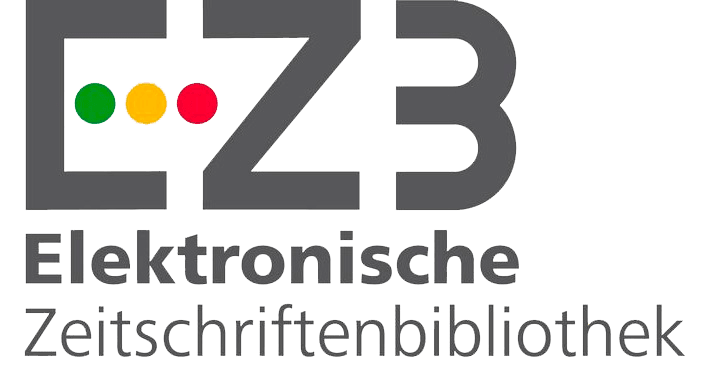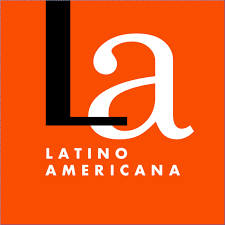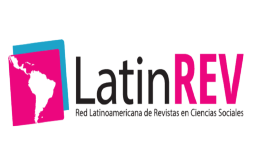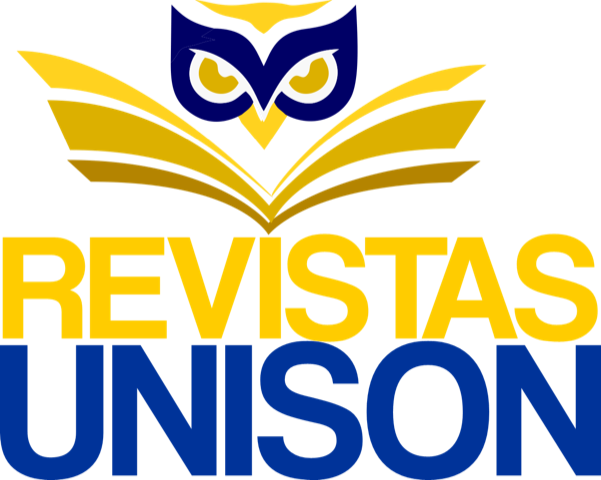Social Return on Investment: An alternative for the evaluation of zero waste management, during and after Covid-19
DOI:
https://doi.org/10.52906/ind.v1i1.8Keywords:
COVID-19 Waste, Investment, HealthAbstract
Faced with the health emergency of the SARS COV2 respiratory syndrome, the generation of waste exposed to COVID-19 has increased, which do not have a treatment, so they require a management that involves removing them before their final disposal, becoming a source risk for the general population and for all those involved in its management. The objective is to present the social valuation of a public cleaning project in Metepec, which resulted in 1.27, with a return rate of 3%. This implies that the project has a positive social value effect, because it is greater than 1. It was decided to use the Social Return on Investment (SROI) tool to understand, measure and communicate the social, environmental and economic values that they can be created through the organization between the government and the interest groups, in order to carry out an adequate Management. Responding to the needs and circumstances of health problems that could affect the health of the population in future scenarios.
Downloads
References
Centers for Disease Control and Prevention.2020. ¿Qué debo hacer como recolector o reciclador de residuos para protegerme y desacelerar la propagación?,” Enfermedad del coronavirus 2019 (COVID-19). Recolectores y recicladores de residuos, [Online]. Recuperado de: https://www.cdc.gov/coronavirus/2019-ncov/community/sanitation-wastewater-workers.html.
European Commission, “Waste management in the context of coronavirus crisis,” Bruselas, 2020. Recuperado de https://ec.europa.eu/info/sites/info/files/waste_management_guidance_dg-env.pdf
Hochstrasser, N., De la Rosa I., Borbón, C., Hernández, M. (2020). Retorno social de la inversión para gestionar los residuos sólidos urbanos de Metepec, México. Recuperado de:
http://revistas.unam.mx/index.php/entreciencias/article/view/75478
Nicholls, J. Lawlor, E. Neitzert, E. Goodseed, T. (2009). A guide to Social Return on Investment. [archive PDF]. London. Cabinet Office of Third Sector. Recuperado de:
https://neweconomics.org/uploads/files/aff3779953c5b88d53_cpm6v3v71.pdf
Secretaría de Medio Ambiente y Recursos Naturales. (2020). Cartilla de Mejores Prácticas para la Prevención del COVID-19 en el Manejo de los Residuos Sólidos Urbanos, Ciudad de México, 2020. Recuperado de https://www.gob.mx/cms/uploads/attachment/file/545891/Cartilla_de_Mejores_Practicas_para_la_Prevencion_del_COVID-19.pdf
Stern, N. (2007). Stern Review: La economía del cambio climático. Recuperado de https://calentamientoglobal.files.wordpress.com/2007/02/stern_conclusiones_esp.pdf
Van Doremalen et al., “Aerosol and surface stability of SARS-CoV-2 as compared with SARS-CoV-1,” New England Journal of Medicine, vol. 382, no. 16. Massachussetts Medical Society, pp. 1564–1567, Apr-2020. Recuperado de https://www.nejm.org/doi/pdf/10.1056/NEJMc2004973 DOI: https://doi.org/10.1056/NEJMc2004973
World Bank. (2018). What a Waste 2.0 Introduction, 1–38. Recuperado de:
https://doi.org/10.1596/978-1-4648-1329-
World Health Organization and UNICEF.2020. Water, sanitation, hygiene and waste management for the COVID-19. Recuperado de: https://apps.who.int/iris/bitstream/handle/10665/331846/WHO-2019-nCoV-IPC_WASH-2020.3-eng.pdf
World Health Organization. (2017). Social return on investment - Accounting for value in the context of implementing Health 2020 and the 2030 Agenda for Sustainable Development (2017). Recuperado de: DOI: https://doi.org/10.1093/heapro/daw103
Downloads
Published
How to Cite
Issue
Section
Categories
License
Autoría Anónima
- Los envíos no deben aparecer en ninguna página web o cualquier otro sitio visible para evitar que afecte a la revisión por pares. Si su artículo aparece en alguna web, por favor, retírelo antes de subir su envío.
- Los envíos iniciales deben omitir cualquier tipo de información que permita la identificación del autor/es para garantizar la revisión ciega por pares.













